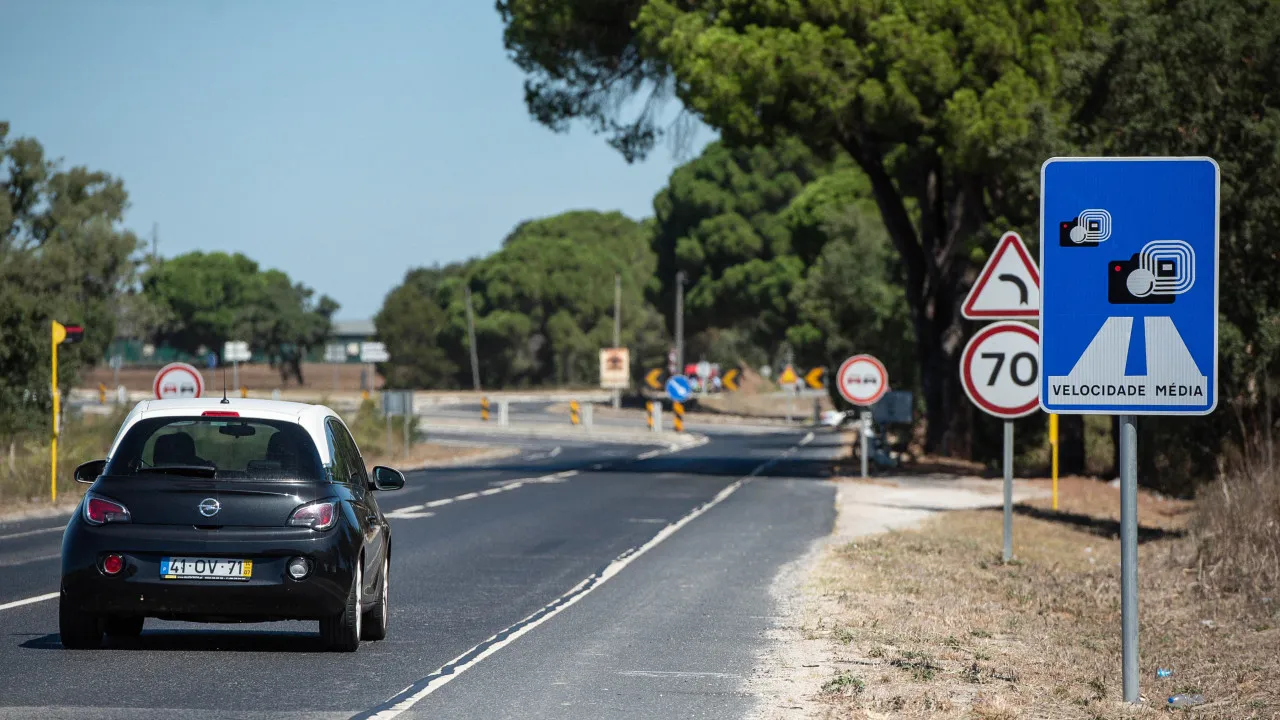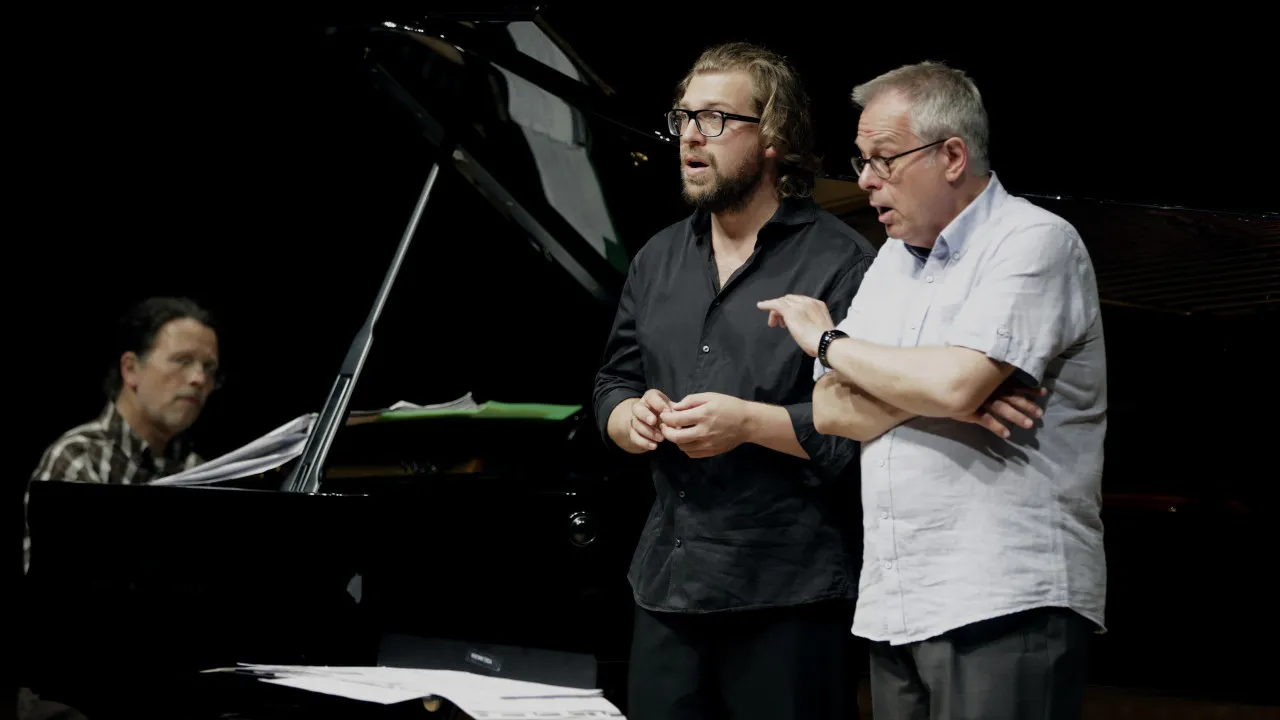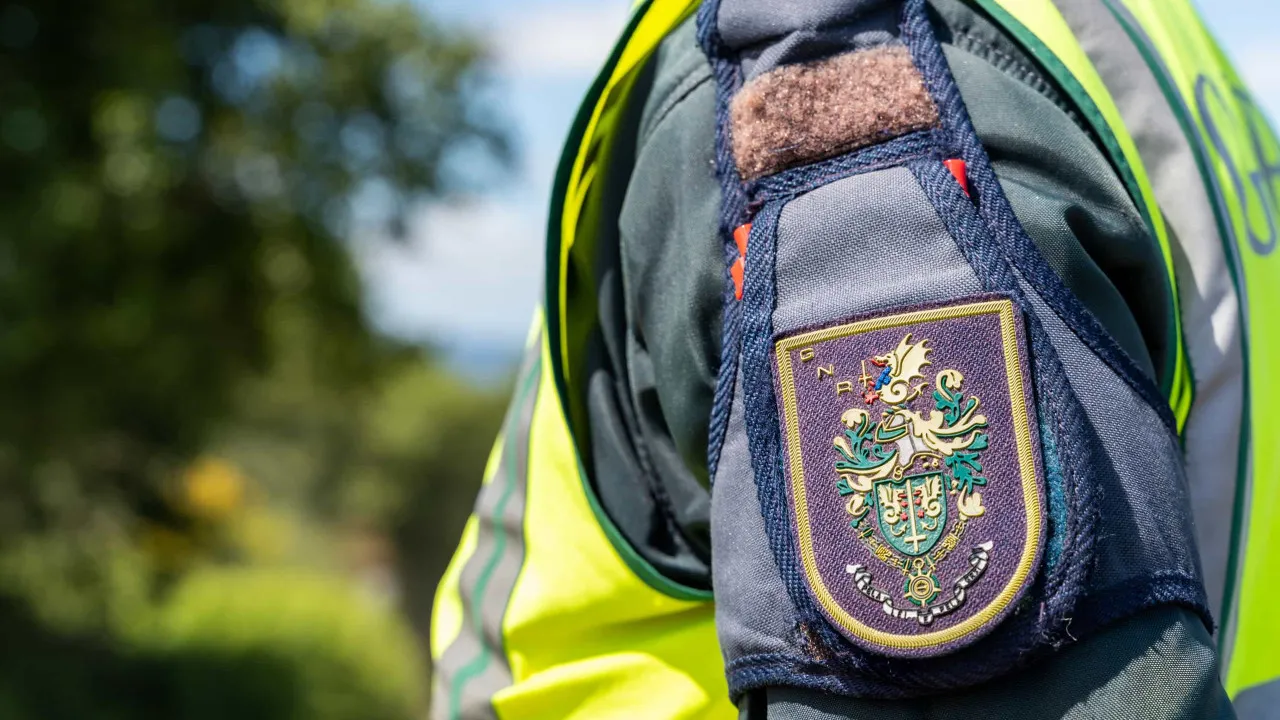The Ribamourês dialect is still spoken in Riba de Mouro, Monção, and a book on the subject has revived the inhabitants’ pride in their “Galician-like” language, in a village that is a journey back in time.
“Spain surrounds us here behind that mountain all the way to Chaves. We lived with the Spanish a lot. And when the Spanish war broke out, there were a lot of Spaniards living here. We speak Galician from Galicia, it’s not real Spanish. For example, I’ll tell you: ‘I have a tchavi’. Do you know what it is? It’s a chavi. A key to a door,” Agostinho Esteves, 79, who lives in the farthest parish from the town of Monção (more than 20 kilometers and 30 minutes), in the district of Viana do Castelo, explained to Lusa.
Alda Barreiros, who with her friend Maria Alves wrote the book “Os de Lá de Riba” (Those from Up There), published by the Monção municipality, explains that those who left the village “speak standard Portuguese” but when they return to the mountains, they proudly use Ribamourese to “value” what is unique and because it is “what the older people know how to speak”.
“In everyday life, those who left speak standard Portuguese. When we come back, we speak this language and we make a point of it. It used to be associated with a lack of culture, with backwardness, but today, even with the book, we’ve lost that shame. We’ve become more fond of ourselves, of the way we speak. We make a point of showing it and that makes other people appreciate what we have too. We have to value it first and that’s what we’ve tried to do with this book,” describes the teacher, who grew up and still has family in the parish.
With an area close to 1,400 hectares and a population of 802 inhabitants (2021 Census), Riba de Mouro is a deserted village, with lots of ups and downs, narrow streets, smiles and laughter, women dressed in black from head to toe and lives linked to agriculture and animal husbandry.
In Cavenca, a place with around “40 people, if that”, 61-year-old Maria Fernanda Afonso came across the Lusa report when she was taking grass to the court where her cow and calf were born eight days ago and will be sold in five or six months’ time.
Peeking at the newborn left Maria Alves sighing at the “smell of milk” and was the motto for a difficult-to-follow conversation about “leite tenreiro” or “côscaro” (the first milk from a calved cow), which “doesn’t boil or drink”, but is mixed with “farinha milha” for – they say – delicious filhoses.
At the age of 54, Emília Esteves works “in agriculture and housework”, her husband and son have emigrated, she looks after “two little cows, two goats and chickens, ducks, a vegetable garden and a cornfield”, but she has also been browsing the internet and the social network Facebook for “about three years”, despite the fact that the parish doesn’t have network coverage, even for cell phone connections.
He says that he speaks “a mixture” of Galician and that, wherever he goes, he speaks “always like this”, although some words or expressions people from outside “don’t understand”.
“Sometimes, when it’s raining, we say ‘Now there’s going to be a little sun’. That’s when it’s raining and then there’s a bit of sunshine. An opening. We also say ‘Dar um tiro c’unha atcha. It’s doing something in an instant, doing it quickly,” he explains.
Alda Barreiros explains that it’s about “remedying a situation or finding an alternative when the occasion demands it”, the equivalent of “Those who don’t have a dog, hunt with a cat”.
The teacher says that Ribamourese “has its origins in Galician-Portuguese and many similarities in terms of vocabulary, syntax, morphology and phonetics”.
Maria Alves, an accountant, recalls that when young people from Riba de Mouro went to study in Monção, they were “made fun of” and were “ashamed to use certain expressions” that they used with their families.
Now, since the village’s ancestral orality began to be written down, in the book but also on the Lá de Riba Facebook page, “more and more people are using words or expressions” from the dialect.
“Friends or colleagues have learned about it and are already using it,” explains Maria.
The book, “Os de Lá de Riba – Os saberes e o linguajar de um povo”, was published in a second edition of 500 copies in November 2023 and includes a “dynamic” QR code, through which the glossary can be updated.
“This was born as a joke, not as a project, about 10 years ago. We decided to gather information about some of the characteristics of the parish, which, being isolated, still retains some ancestral customs, and to record the language in writing so that it wouldn’t be lost,” says Alda Barreiros.
The publication talks about the “Demingo dances in the afternoon” or the “wedding preparations”, when everything was “simpler: you set the day, went out to eat and that was that”.
There are also remedies that cured almost everything. Like that of Raising the Womb: “When a child was ill but we didn’t know what it was suffering from, we would take it to a lady, who had to be the mother of twins, say a prayer and it would be all right,” says Maria Alves.
“Lubar [taking] the reed to the mill” was another experience, used so that “the child would be polite and not misbehave”.
In the book’s glossary, Ribamourese expressions are translated over 14 pages. It explains, for example, that “Xoxegar a nádiga” is to be quiet, that “Ter os pés cm’on rijôn” is to have hot feet, that a “comitchojo” is a person with a bad temper or bad will and “Beiçôn” is obliged.
Proceeds from the sale of the book go entirely to the Lá de Riba Social and Cultural Association and the book is published by the Monção local authority, which recently included the dialect in the tourist campaign launched about the parish.








